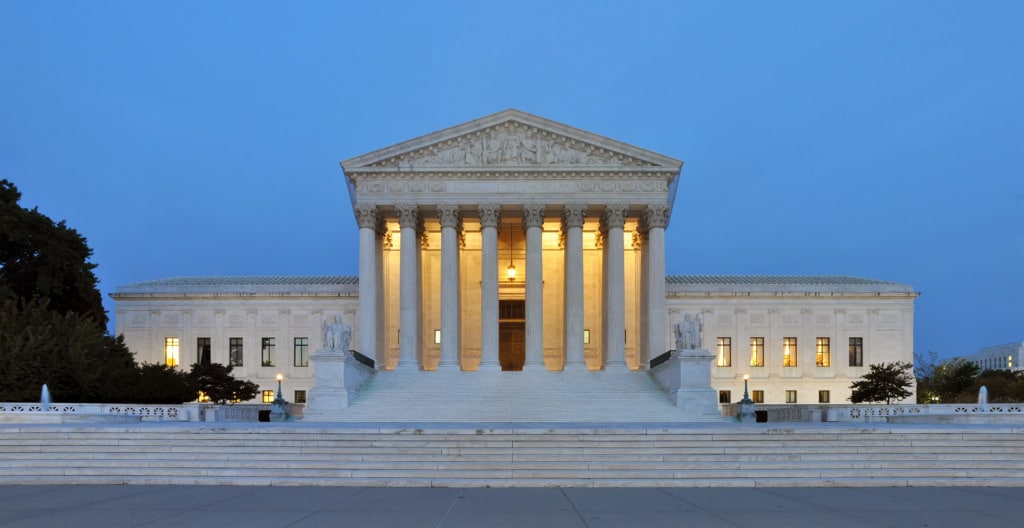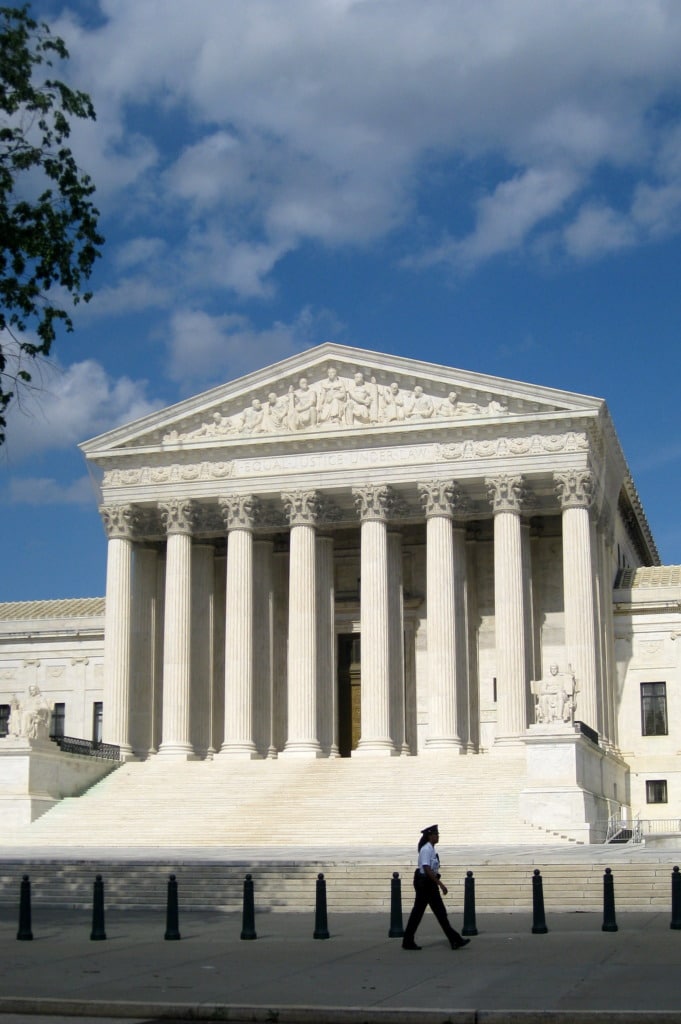Recent Scholarship on Sovereign Immunity from Executive Measures
Immunity protects the assets of foreign sovereigns from the jurisdiction of domestic courts. Customary international law requires such immunity, which is also conferred in the United States by the Foreign Sovereign Immunities Act (FSIA). An important question about sovereign immunity is whether it also protects the assets of foreign sovereigns from executive branch or administrative…
Continue ReadingWhy Canada’s Terrorism Exception Does Not Violate International Law
Like the United States, Canada has an exception in its State Immunity Act (SIA) for state supporters of terrorism. Canada has put Iran and Syria on the list of states against which claims for terrorism may be brought in Canadian courts. Under the SIA, Canadian courts have found Iran liable for shooting down a Ukraine…
Continue ReadingHalkbank Files New Cert Petition
Halkbank, a Turkish state-owned bank accused of violating U.S. sanctions on Iran, filed a petition for certiorari last week seeking a second chance to convince the Supreme Court that it is immune from criminal prosecution in the United States. In its first trip to the Court, back in 2023, Halkbank argued that it was entitled…
Continue ReadingCVSG in Wye Oak v. Republic of Iraq: Is it Time to Resolve the FSIA “Direct Effect” Circuit Split?
On April 28, 2025, the Supreme Court called for the views of the Solicitor General (colloquially a “CVSG”) in Wye Oak Tech., Inc. v. Republic of Iraq. This is the latest chapter in a decades-long attempt by Wye Oak (discussed in a separate blog post) to recover damages for the breach of a contract it…
Continue ReadingNinth Circuit Addresses Common Law Immunity from Criminal Prosecution
Two years ago, in Turkiye Halk Bankasi A.S. v. United States (Halkbank) (2023), the U.S. Supreme Court held that the Foreign Sovereign Immunities Act (FSIA) does not apply to criminal proceedings and remanded the defendant’s claim of common law immunity to the Second Circuit. On remand, the Second Circuit deferred to the executive branch’s determination that Halkbank was not…
Continue ReadingSecond Circuit Expands Scope of Anti-Terrorism Act Suits Against Foreign States
On February 4, 2025, in Schansman v. Sberbank, the U.S. Court of Appeals for the Second Circuit ruled that foreign states and their agencies and instrumentalities may be sued under the Anti-Terrorism Act (ATA) for acts of international terrorism, provided that one of the enumerated exceptions to sovereign immunity in the Foreign Sovereign Immunities Act…
Continue ReadingDeciding the “Real Party in Interest” in FSIA Litigation
The Second Circuit has categorized a recent case against an individual Egyptian official as a case against the Egyptian government as the “real party in interest.” The case, Hussein v. Maait, was then dismissed because Egypt was immune from suit. The court of appeals did a nice job laying out and applying the relevant “real…
Continue ReadingThe $24 Billion Judgment Against China in Missouri’s COVID Suit
On March 7, 2025, Judge Stephen N. Limbaugh, Jr. (Eastern District of Missouri) entered a default judgment for more than $24 billion against the People’s Republic of China and eight other Chinese defendants for hoarding personal protective equipment (PPE) during the early days of the COVID pandemic in violation of federal and state antitrust laws….
Continue ReadingCassirer’s Case Continues
Regular TLB readers will be familiar with David Cassirer’s long-running suit to recover a painting by Camille Pissarro, which the Nazis stole from his great-grandmother, from a museum owned by the government of Spain. The case turns on choice of law. Under Spanish law, an owner acquires good title through possession for a period of…
Continue ReadingDevas v. Antrix: Headed back to the Ninth Circuit?
On Monday, the Supreme Court held oral argument in Devas v. Antrix to decide “whether plaintiffs must prove minimum contacts before federal courts may assert personal jurisdiction over foreign states sued under the Foreign Sovereign Immunities Act (FSIA).” Minimum contacts between the defendant and the United States might be required as a matter of statutory…
Continue Reading








